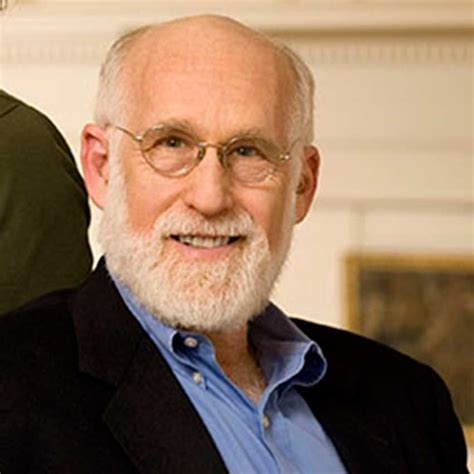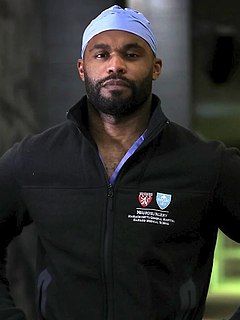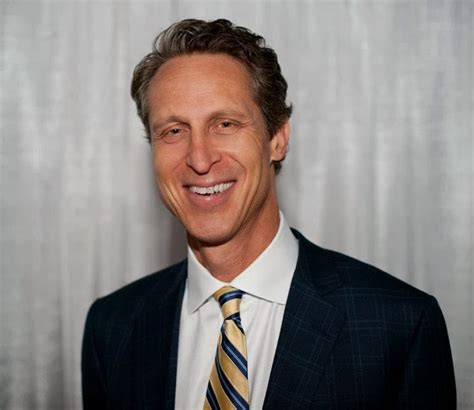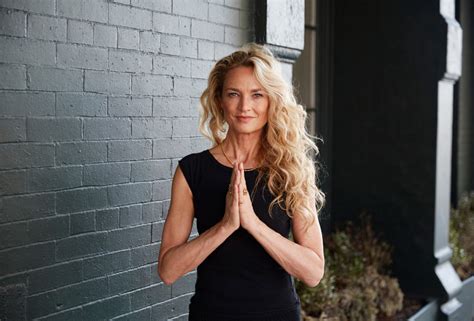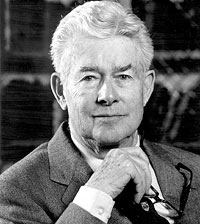A Quote by Tony Tan
Where patient needs are complex, we should provide greater support in the community so that patients can cut down on trips to the tertiary hospital.
Related Quotes
The fact that the patients were complex human beings with a rich life beyond the hospital never really sank into the consciousness of the residents. Because they had no rich lives beyond the hospital, they assumed no one else did, either. In the end, what they lacked was not medical knowledge but ordinary life experience.
The freedom of patient speech is necessary if the doctor is to get clues about the medical enigma before him. If the patient is inhibited, or cut off prematurely, or constrained into one path of discussion, then the doctor may not be told something vital. Observers have noted that, on average, physicians interrupt patients within eighteen seconds of when they begin telling their story.
I support charters, but the right kind of charters. I support charters that support kids who have the highest needs. A charter should be targeting students who are in serious trouble. It should serve students who didn't succeed in public schools when it can help them. Or, at least, charters should agree to accept similar proportions of the kids with the highest needs.
Christians, of all people, should not be destroyers. We should treat nature with an overwhelming respect. We may cut down a tree to build a house, or to make a fire to keep the family warm. But we should not cut down the tree just to cut down the tree. We may, if necessary, bark the cork tree in order to have the use of the bark. But what we should not do is to bark the tree simply for the sake of doing so, and let it dry and stand there a dead skeleton in the wind. To do so is not to treat the tree with integrity.
The Pacific Yew can be cut down and processed to produce a potent chemical, taxol, which offers some promise of curing certain forms of lung, breast and ovarian cancer in patients who would otherwise quickly die... It seems an easy choice - sacrifice the tree for a human life - until one learns that three trees must be destroyed for each patient treated.





